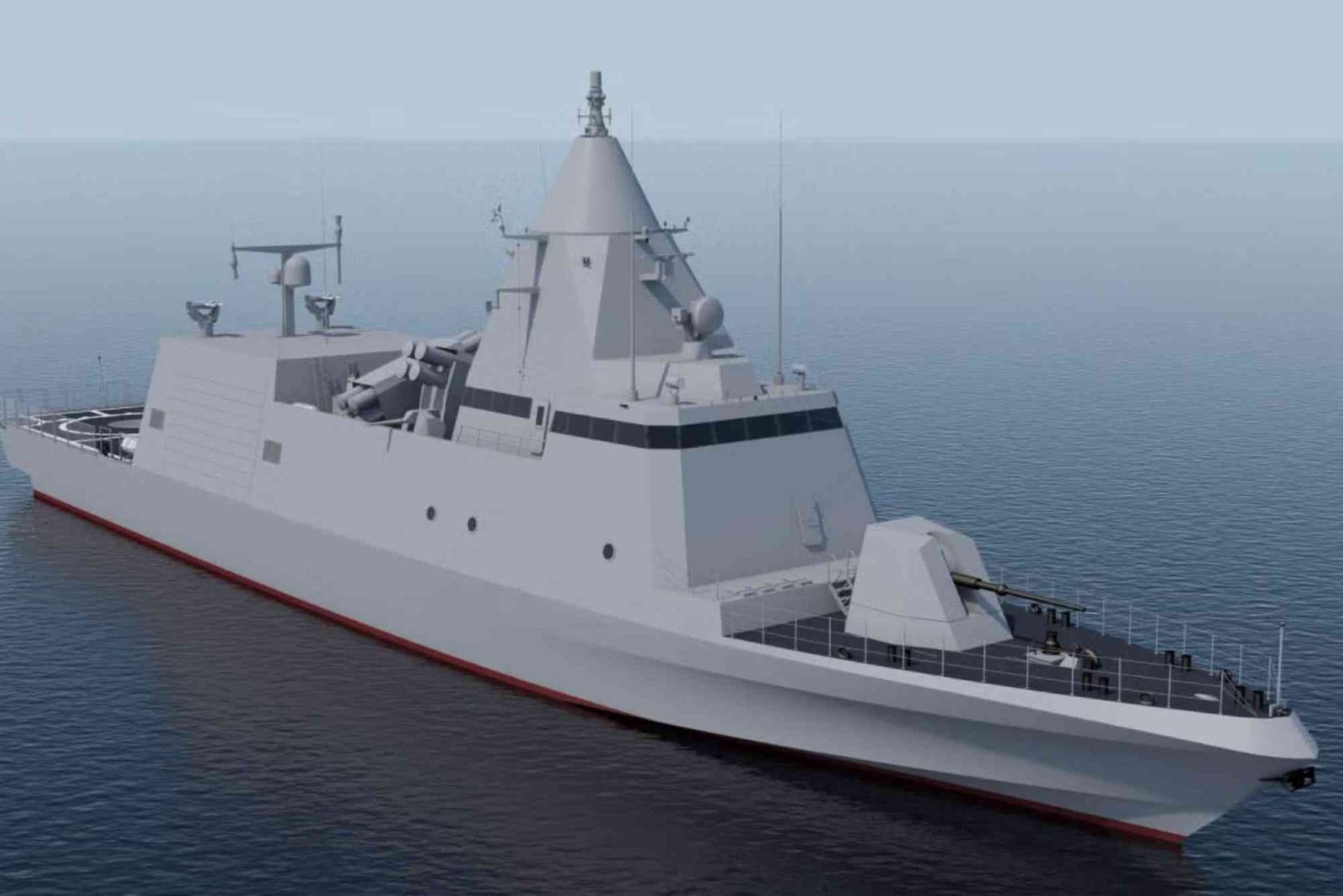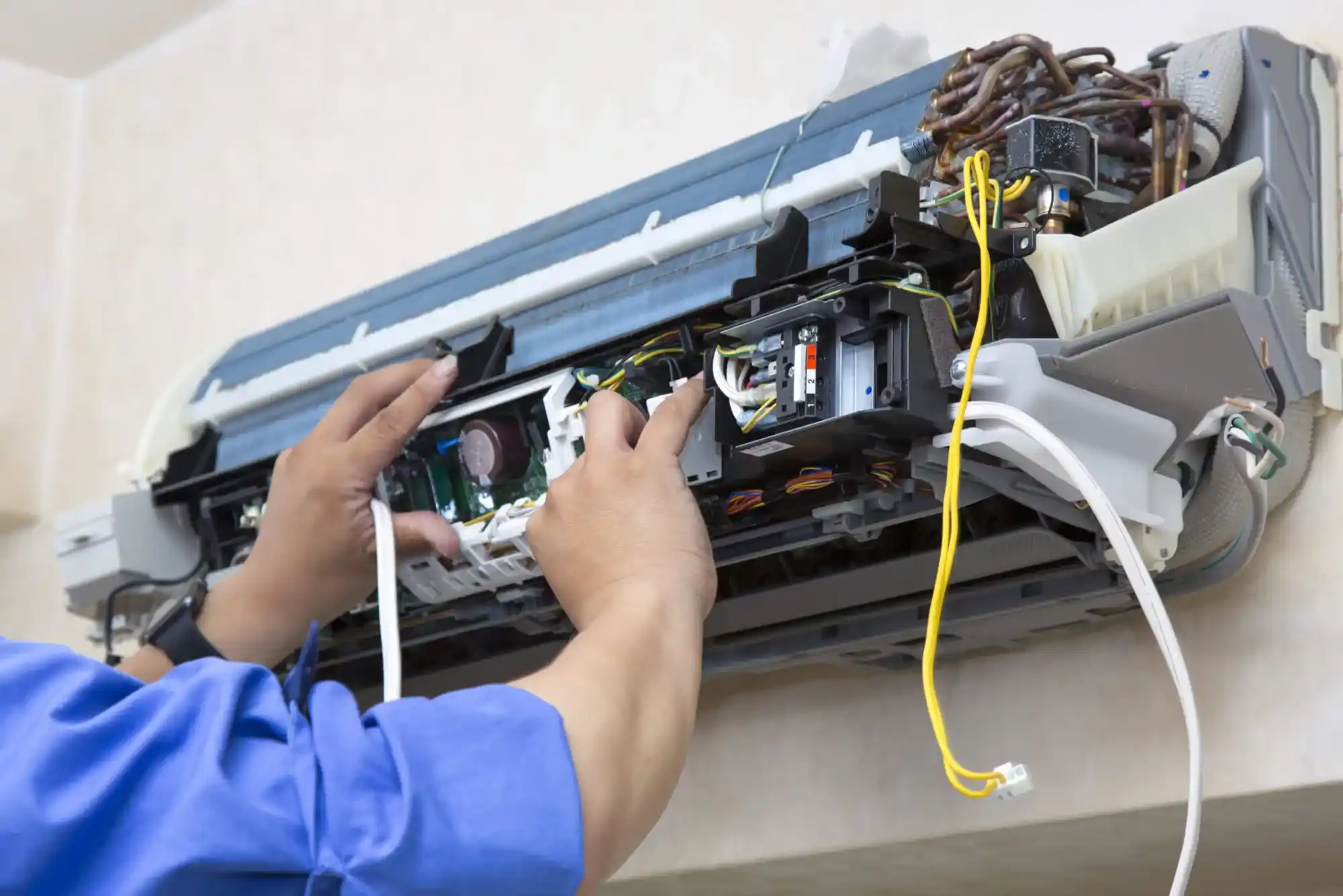Facilities managers play a vital role in ensuring that the physical work environment supports the needs of an organization. They are responsible for overseeing and managing a range of services that support the core business operations. This article explores the key responsibilities, skills required, and career opportunities for facilities managers.
What is a Facilities Manager?
A facilities manager is responsible for the efficient and effective management of the services and processes that support the functioning of an organization. They ensure that the working environment is safe, efficient, and conducive to productivity.
Key Responsibilities of a Facilities Manager

The role of a facilities manager can vary widely depending on the type and size of the organization. However, typical responsibilities include:
- Maintenance Management: Overseeing the upkeep and repair of building infrastructure, equipment, and systems.
- Space Management: Planning and optimizing the use of space within buildings to meet business needs.
- Health and Safety Compliance: Ensuring that the workplace complies with health, safety, and environmental regulations.
- Vendor and Contract Management: Managing relationships with service providers, including cleaning, security, and maintenance contractors.
- Budget Management: Preparing and managing the facilities budget, including cost estimation and allocation.
Skills Required for Facilities Manager Jobs
A successful facilities manager needs a blend of technical and interpersonal skills to perform their role effectively. Key skills include:
- Communication Skills: Ability to communicate effectively with staff, contractors, and senior management.
- Project Management: Strong organizational and project management skills to oversee complex tasks and projects.
- Problem-Solving: Ability to identify and solve problems quickly and efficiently.
- Technical Knowledge: Understanding of building systems, maintenance protocols, and compliance standards.
- Leadership: Ability to lead and motivate teams to achieve goals.
Educational Requirements and Certifications
While educational requirements can vary, most facilities manager jobs require at least a bachelor’s degree in facilities management, engineering, or a related field. Additionally, professional certifications can enhance job prospects:
- Certified Facility Manager (CFM): Offered by the International Facility Management Association (IFMA), this certification demonstrates expertise in facilities management.
- Facility Management Professional (FMP): Another credential from IFMA, focusing on foundational knowledge in the field.
- Sustainability Facility Professional (SFP): Ideal for those looking to specialize in sustainable building practices.
Career Opportunities and Growth
Facilities management offers a range of career opportunities across various industries, including corporate, healthcare, education, and government sectors. With experience, facilities managers can advance to senior roles such as:
- Senior Facilities Manager
- Director of Facilities Management
- Chief Operating Officer (COO)
Challenges in Facilities Management
Facilities managers often face unique challenges, such as managing aging infrastructure, adapting to technological advancements, and maintaining budget constraints. Staying updated with industry trends and continuing education can help overcome these challenges.
The Future of Facilities Manager Jobs
The role of facilities managers is evolving with the integration of technology in building management. The rise of smart buildings and the growing emphasis on sustainability are shaping the future of this profession. Facilities managers who adapt to these changes by learning about building automation, energy efficiency, and sustainable practices will be in high demand.
Tips for Aspiring Facilities Managers

If you are interested in pursuing a career in facilities management, here are some tips to help you succeed:
- Gain Relevant Experience: Start in entry-level roles to gain practical experience in building maintenance or operations.
- Pursue Professional Certifications: Obtain certifications like CFM or FMP to enhance your qualifications.
- Stay Informed: Keep up with industry trends, technology, and best practices through continuous learning and networking.
- Develop Soft Skills: Work on communication, leadership, and problem-solving skills to effectively manage teams and projects.
Facilities manager jobs are integral to the smooth operation of any organization. With the right skills, education, and experience, professionals in this field can enjoy a rewarding and dynamic career. Whether you are just starting or looking to advance in your career, opportunities in facilities management are vast and diverse.





